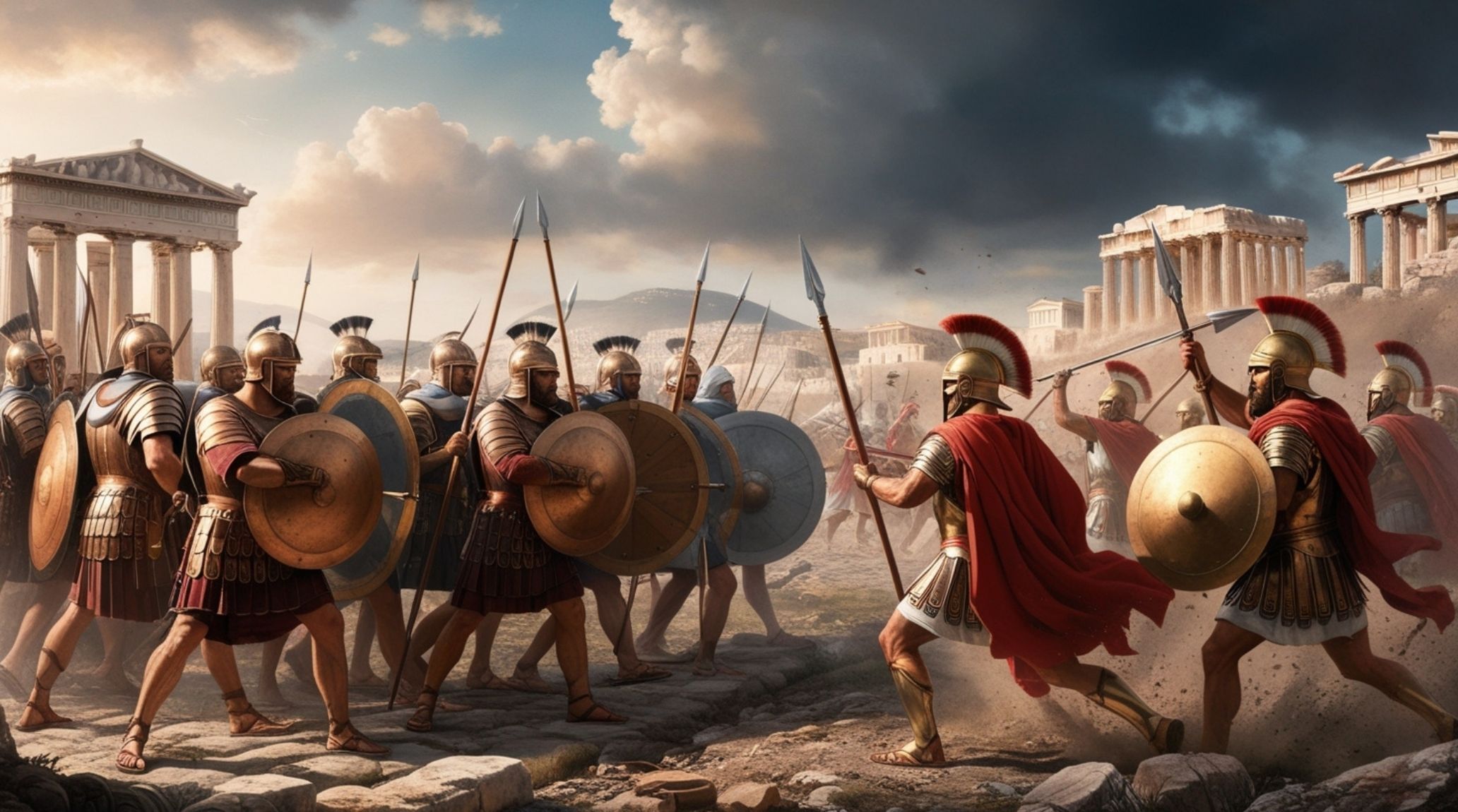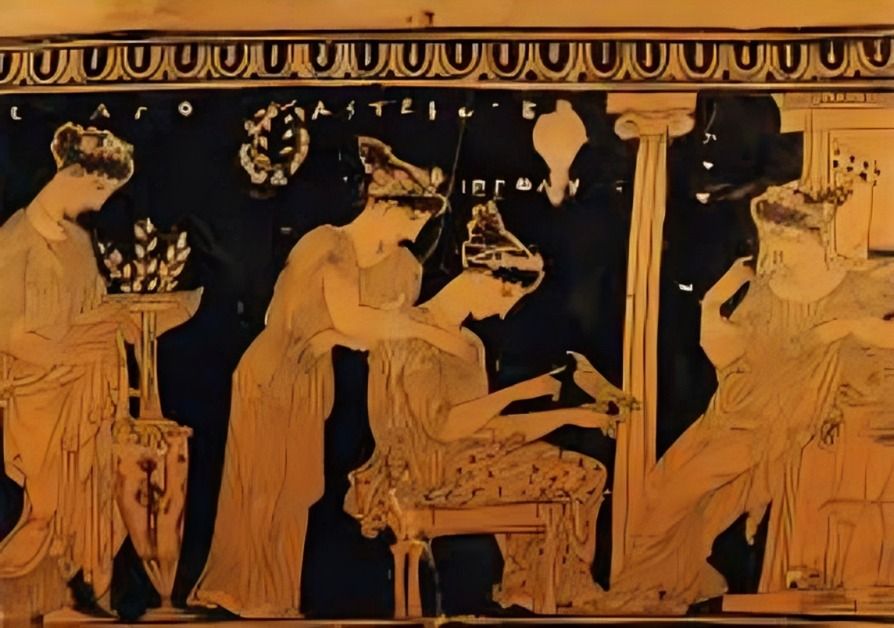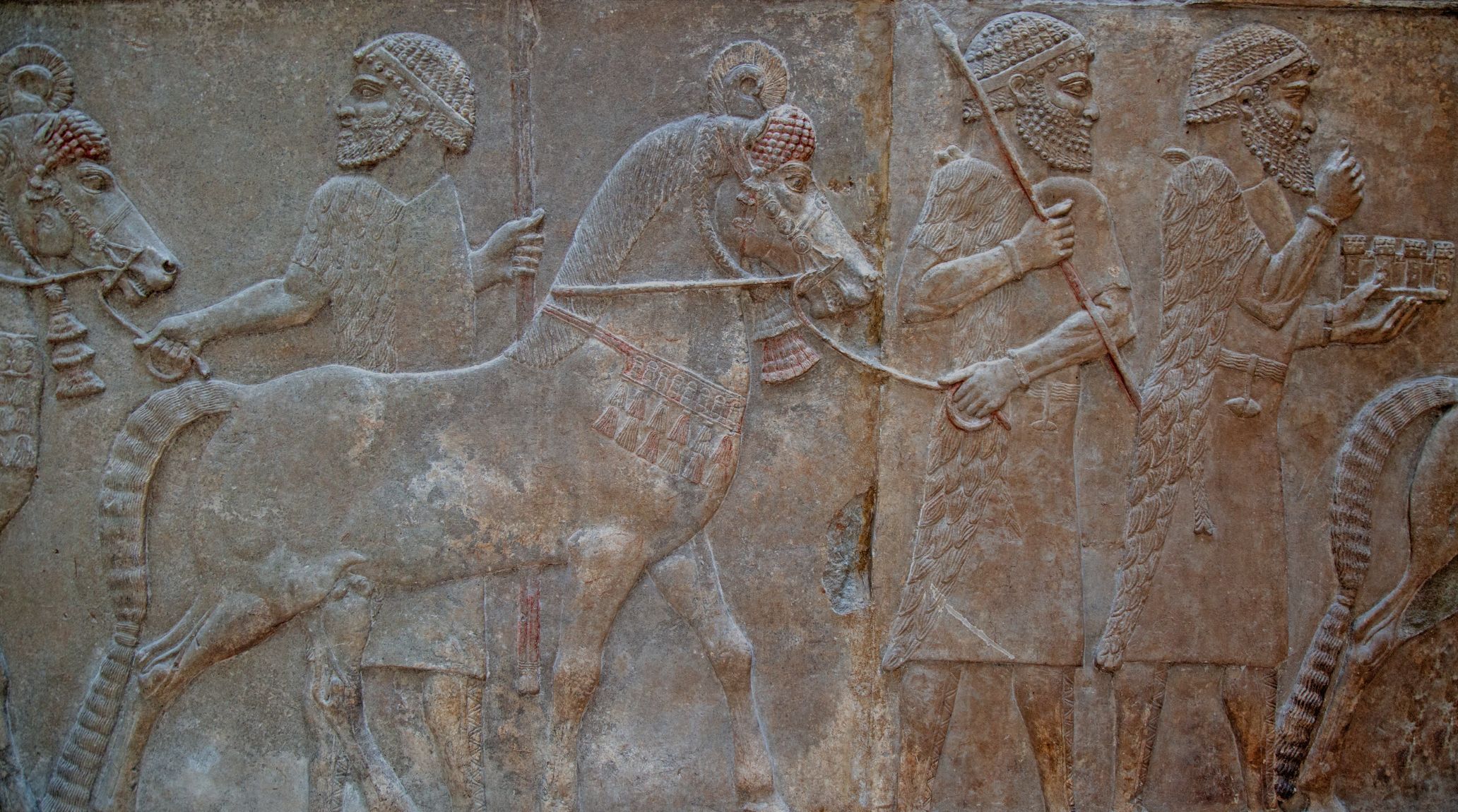
“
The Peloponnesian War, a defining conflict of ancient Greece, shaped the course of Western history. In this blog, we explore 20 splendid acts about The Peloponnesian War, offering insights into the strategies, key figures, and pivotal events that marked this epic struggle between Athens and Sparta. 1
1
”
The Peloponnesian War (431-404 BCE) was fought between Athens’ Delian League and Sparta’s Peloponnesian League, driven by rising tensions over power, politics, and influence in ancient Greece. 1
Athens, known for its powerful navy, sought to expand its empire, while Sparta, with its dominant land army, feared Athenian dominance. This rivalry between naval and military superiority became a key theme throughout the war. 2
The war began after a series of smaller conflicts between Athens and Spartan allies. One of the sparks was Athens' growing interference in the affairs of Corinth and other key city states, which prompted Sparta to take action. 3
The war was divided into three main phases: the Archidamian War, the Sicilian Expedition, and the Ionian or Decelean War. Each phase had different strategies and alliances as both Athens and Sparta sought to outmaneuver each other.4
Pericles, the Athenian leader, played a significant role in the early years of the war. He advocated a defensive strategy, relying on Athens' naval strength while avoiding direct land battles against Sparta’s superior infantry. 5
Sparta's strategy involved periodic invasions of Athenian territory, particularly Attica. By devastating the Athenian countryside, they aimed to force Athens to fight on land, but Athens relied on its fortified walls and navy for protection. 6

One of the most devastating events for Athens during the war was the plague that struck the city in 430 BCE. The plague killed a significant portion of the population, including Pericles, weakening Athens both militarily and politically.
The Sicilian Expedition, launched by Athens in 415 BCE, aimed to conquer Sicily and expand its influence. However, it ended in a disastrous defeat, severely weakening Athens and marking a turning point in the Peloponnesian War. 7
Sparta received financial and naval support from the Persian Empire, which helped it challenge Athens' dominance at sea. This unusual alliance between a Greek city-state and Persia shifted the balance of power in Sparta’s favor. 8
Alcibiades, a controversial Athenian general, played a complex role in the war. He switched allegiances multiple times, serving both Athens and Sparta. His political and military maneuvers deeply influenced the course of the war. 9
The Peloponnesian War saw the use of new and evolving military tactics. Athens innovated with naval blockades and island fortifications, while Sparta focused on siege warfare and forming strategic alliances. 10
The Battle of Aegospotami in 405 BCE marked the decisive defeat of the Athenian navy. Spartan forces, led by Lysander, captured or destroyed nearly all of Athens’ ships, crippling their naval power and paving the way for Athens' surrender. 11
The end of the war came in 404 BCE when Athens, weakened by years of conflict, internal strife, and the loss of its fleet, surrendered to Sparta. The city's walls were torn down, and its empire dissolved, marking the end of Athenian dominance. 12
The war had a profound impact on Greek society, leaving many city-states economically devastated and politically fragmented. It also led to the decline of classical Greece’s golden age, particularly in terms of art, culture, and democracy. 13
Despite Sparta's victory, it struggled to maintain dominance. The war weakened Greece, making it vulnerable to future invasions, especially by the Macedonians under Philip II and his son, Alexander the Great. 14
Thucydides, an Athenian general and historian, documented the war in The History of the Peloponnesian War, offering detailed insights into the strategies, politics, and causes of the conflict. It remains a renowned historical account. 15

Women played an indirect but significant role during the war. While not involved in combat, women in both Athens and Sparta were responsible for maintaining households and managing the economy in the absence of men who were off fighting.
Athenian democracy faced several internal crises during the war, including revolts and the temporary overthrow of the democratic government by oligarchic factions. These internal conflicts further destabilized the city.16
The Peloponnesian War reshaped Greek military history, leading to the development of new military innovations like trireme warships and more complex siege tactics, influencing later conflicts in the Mediterranean. 17
The conflict reached beyond Greece, with Persian influence growing as they sought to weaken Greek power and reclaim territories lost during the Persian Wars, significantly impacting Mediterranean politics during the Peloponnesian War. 18


